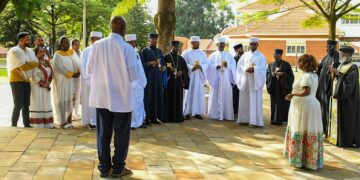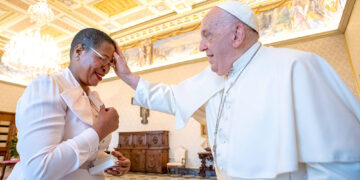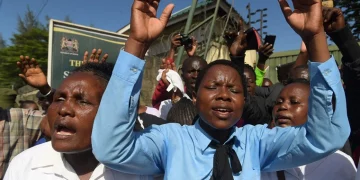Its January and many churches opened up the new month, new year with fasting while others have gone as far as fasting for 40 days. Fasting can be tricky for first timers. Below are some hacks that can help you have that special time work out well to nourish your soul and finish your fast without any problems.
1. Fast from dinner to dinner.
2. Consider an alternate fast.
3. Drink water constantly.
4. Drink herbal tea with a little sweetener.
5. Set a timer.
6. Use a prayer guide for focus and direction.
7. Choose a day when you’re likely to have more “mental space.”
8. Be open to prayer “tangents.”
9. Use your hunger or cravings as prompts to pray.
10. Expect spiritual and physical opposition.
More ways on how you can fast
Occasional Short Fasts
Whether denying yourself food or some other pleasure, an occasional fast that lasts six, twelve, or twenty-four hours is the most manageable… You are not necessarily making a commitment to do this type of fast again, as it is a one-time fast for a specific purpose.
Intermittent Fasts
This is normally a regular act of abstinence, for example one day a week. You may abstain from food, or make some other sacrifice. This type of fast is a way of integrating the spiritual discipline of fasting into your life on an ongoing basis.
Longer Fasts
Longer fasts likewise can take the form of abstinence from food or some other sacrifice. Some good options for a non-food fast would be abstaining from watching TV from Monday to Friday, reading a biography of a great man or woman of God each week, or dedicating every evening for a week to praying with friends…A longer water-only fast might last from one to three days. If you are fasting from something other than food, your longer fast might last a week. Some use Lent as a time for a longer fast.
Extended Fasts
This is the hard path of fasting—choosing to give up something that you need or value for an extended period of time. One non-food extended fast would be to get up an hour earlier each day for a month in order to pray, worship, or read Scripture or a Christian book.
Open-ended Fasts
Some extended fasts are open-ended, for example, where you make a commitment not to break your fast until your goals have been achieved. Defining your goals is particularly important here. Again, this type of fast should not be considered until you have gained some experience.
Occasional Group Fasts
Such fasts can be called by a church or a group of churches or, on a larger scale, even to a nation during a time of crisis. Alternately, such fasts can be called by a small group or even by a Christian business. With the right leadership, calling groups to prayer and fasting can be a very powerful tool.
Longer Group Fasts
The range of options for a group fast is extensive. Are you all going to fast at the same time, or are you setting up a rotation? If you are going to do a water-only fast, are there some who need to do a partial fast for health reasons? Is this an open-ended fast until a goal is achieved, or are you fasting for a specifically defined period?






































Discussion about this post